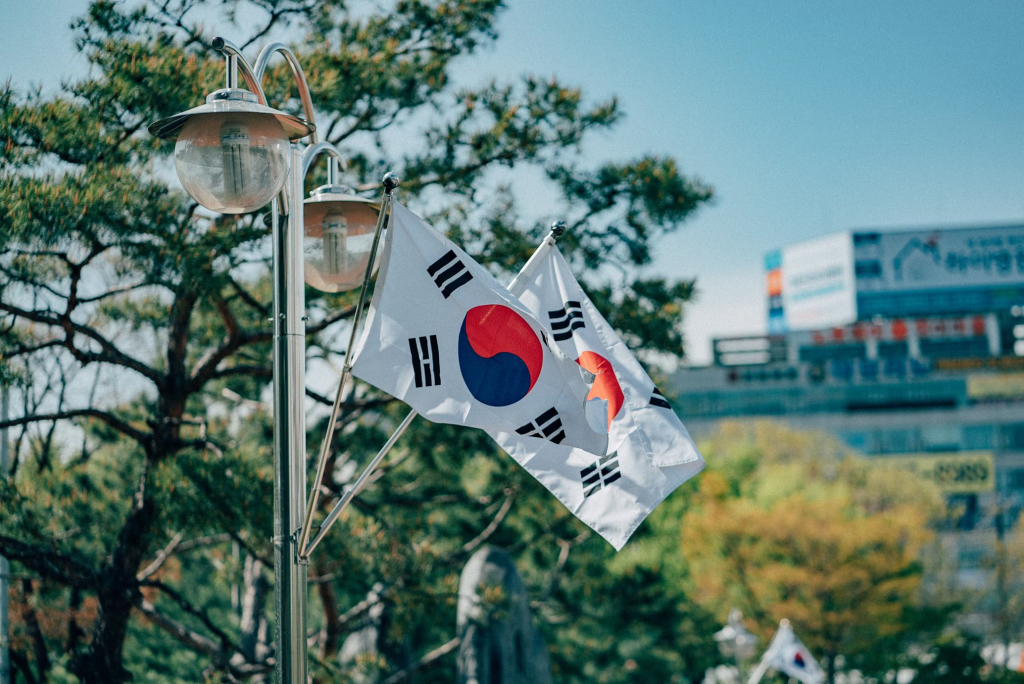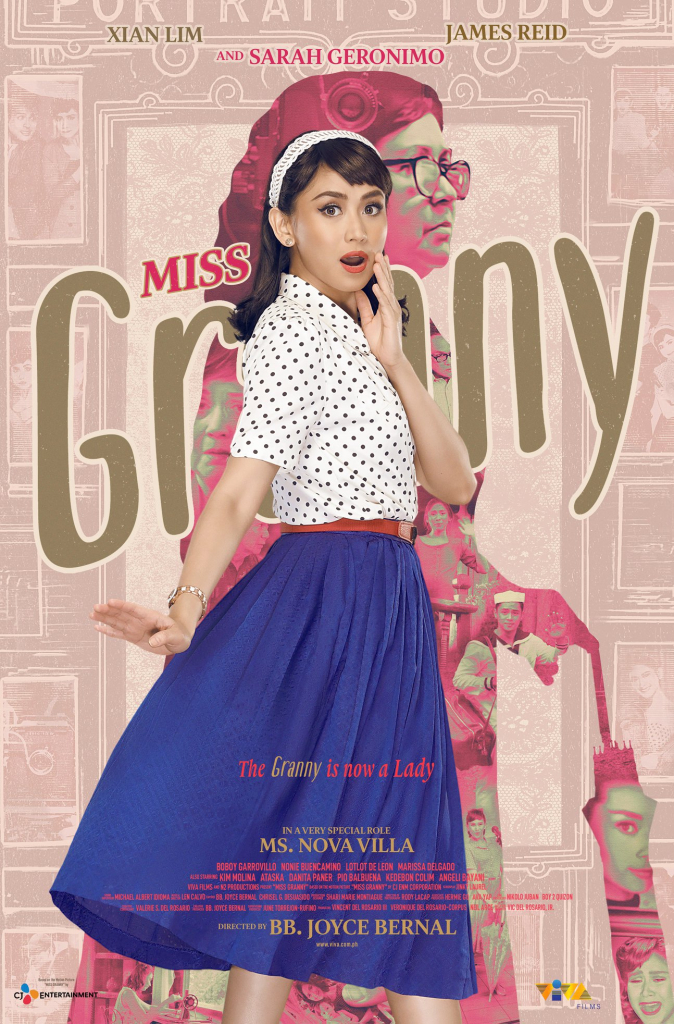
The global phenomenon of Korean dramas, affectionately known as K-dramas, has captured the hearts of audiences worldwide with their compelling narratives, rich characters, and captivating storytelling. This surge in popularity, often referred to as the “Hallyu Wave,” transcends cultural barriers and language differences. K-dramas offer a unique blend of familiar themes – love, family, friendship, triumph over adversity – presented with fresh perspectives and stunning production value.
Viewers are drawn into intricately woven plots that explore various genres, from heart-fluttering romances and historical epics to edge-of-your-seat thrillers and hilarious comedies. The characters, often with relatable struggles and aspirations, feel genuine and endearing. K-dramas excel at portraying complex emotions, allowing viewers to laugh, cry, and cheer alongside the characters as their stories unfold. This immersive quality fosters a sense of connection and community among fans, who passionately discuss plot twists, swoon over favorite actors, and even delve into learning about Korean culture through the dramas’ settings and customs.
The Enduring Bond Between Filipinos and the Korean Drama
The history between Korean and Filipino cultures runs deep, characterized by a rich exchange of traditions, values, and experiences. This cultural intertwining gained significant momentum with the rise of Korean dramas, or K-dramas, in the Philippines during the early 2000s. Shows like “Jewel in the Palace” and “Winter Sonata” ignited a fervent fascination among Filipino audiences, marking the beginning of a lasting love affair with Korean storytelling and creating an army of Filipino fans.
Korean performers like Kim Soo Hyun, Song Hye Kyo, Kim Hee Ae, Park Hae Joon, Moon Chae Won, Kim Jung Eun, Lee Joon Gi, Song Joong Ki, Park Min Young, Lee Dong Gun, Han Ji Eun, Park Shin Yang, Lee Dong Wook, Jo Hyun Jae, Jang Seo Hee, Lee Da Hae, and many more became household names. It will come as no surprise that some parents name their newborn babies after their favorite actors from popular K-dramas.
As streaming platforms made K-dramas more accessible, their influence on Filipino audiences deepened, and Philippine television soared.
Against this backdrop of cultural appreciation, the Philippines took on the creative journey to adapt some of these beloved Korean narratives for local audiences through the Philippine entertainment portal. While retaining the essence of the original K-dramas, these Pinoy adaptations infused Filipino culture, traditions, and storytelling conventions, resulting in a captivating fusion that appealed to audiences across generations.
The convergence of Korean and Filipino storytelling bridged cultural divides and deepened the connection between the two nations, showcasing the power of shared narratives to transcend boundaries and unite hearts.
In this article, we’ll delve into some of the top Philippine K-drama adaptations or their Filipino versions and explore how they have re-imagined beloved Korean dramas for Filipino viewers.
1. My Love from the Star (2017)

One of the most successful adaptations to ever grace Philippine television screens was the Pinoy version of the Korean drama phenomenon, “My Love from the Star.” This romantic fantasy series, which aired in 2017, captured the hearts of Filipino audiences with its captivating story and unique blend of cultures.
The original Korean drama tells the tale of an alien who crash-landed on Earth centuries ago and finds himself entangled in a modern-day love story with a top actress in Seoul. The Philippine adaptation cleverly retained the core elements of this narrative – the extraordinary charm of an alien protagonist and the sizzling chemistry with a beloved celebrity.
The Philippine adaptation of the hit K-drama, starring Jennylyn Mercado as the female lead and Gil Cuerva as the lead male role, retained the supernatural elements while infusing Filipino cultural nuances into the storyline, captivating audiences with its unique blend of romance and fantasy.
2. Descendants of the Sun (2020)
“Descendants of the Sun,” the record-breaking Korean drama revolving around the romance between a soldier and a doctor amidst the chaos of war and natural calamities, received a Philippine adaptation featuring Dingdong Dantes, Jennylyn Mercado, Jasmine Curtis Smith, and Rocco Nacino in the lead roles.
The original series, lauded for its heart-wrenching story and high-production action sequences, depicted the love story of Captain Yoo Si Jin and Doctor Kang Mo Yeon, navigating the complexities of their professions in a war-torn country. The Philippine adaptation, titled “Descendants of the Sun: The Philippine Adaptation,” stayed true to these core themes of love, sacrifice, and duty.
The setting shifted from the fictional country of Uruk to the fictional country of Urdan. Here, Filipino soldiers, led by the valiant Captain Lucas Manalo (played by Dingdong Dantes) and dedicated medical personnel, headed by the brilliant Doctor Maxine Dela Cruz (played by Jennylyn Mercado), found themselves deployed on peacekeeping missions. This shift resonated with Filipino viewers’ familiarity with peacekeeping efforts and allowed the series to explore the unique challenges and triumphs faced by Filipino troops serving abroad.
3. Temptation of Wife (2013)
Adapted from the controversial and highly-rated Korean drama of the same name, “Temptation of Wife” dives into the depths of betrayal, revenge, and rediscovering oneself. The original Korean series, known for its dark and scandalous themes, explored the story of a seemingly perfect wife whose life crumbles when she discovers her husband’s infidelity and entanglement with a cunning socialite. Fueled by a burning desire for payback, she embarks on a complex journey of revenge, blurring the lines between love, hate, and self-destruction.
The Philippine adaptation, starring Marian Rivera, Dennis Trillo, and Glaiza de Castro, brought this gripping story to a Filipino audience, capitalizing on the enduring popularity of melodrama in local soap operas.
4. Two Wives (2014)
Based on the gripping Korean drama “Two Wives,” the Philippine adaptation delves into the tangled web of relationships between a man, his estranged wife, and the woman who unknowingly became his second.
The original Korean series explored the emotional turmoil of a wife betrayed by her husband’s infidelity, only to discover a more complex truth involving a past marriage he never fully disclosed. This ignited a fierce battle for love, truth, and self-worth between the two women.
With the talented cast led by Kaye Abad, Jason Abalos, and Erich Gonzales, the series explores themes of love, betrayal, and redemption within the context of Filipino society, showcasing the adaptability of Korean drama plots to local adaptations that resonate with local audiences. Abad portrays the seemingly perfect wife, her world shattered by a shocking revelation. Abalos embodies the husband caught in a web of lies, grappling with his choices and their consequences. Gonzales takes on the role of the unsuspecting woman thrust into a situation beyond her control.
5. The World of the Married (2023)
“The World of the Married” stands out as a riveting exploration of love, betrayal, and revenge.
Adapted from the critically acclaimed Korean drama “The World of the Married,” this Philippine ABS CBN entertainment version, “The Broken Marriage Vow,” delves into the tumultuous journey of a married couple grappling with infidelity and deception.
Starring Jodi Sta. Maria and Zanjoe Marudo in the lead roles, the Filipino remakes offers a gripping portrayal of the complexities of relationships and the lengths one will go to protect their family.
With its intense storyline and compelling performances, “The World of the Married” captivates audiences with its raw emotional depth and unflinching portrayal of human nature.
The series navigates through themes of love, trust, and betrayal while delving into societal norms and expectations surrounding marriage and fidelity.
With its immersive storytelling and powerful character dynamics, it continues to captivate viewers, further solidifying its place as a standout Philippine K-drama adaptation that pushes the boundaries of traditional storytelling.
6. Kim Sam Soon (2005)
“Kim Sam Soon,” starring the iconic Regine Velasquez, adds a musical twist to the local adaptation landscape. Based on the Korean drama “My Name is Kim Sam Soon,” this GMA network series follows the journey of a talented pastry chef navigating the challenges of love and self-discovery.
Regine Velasquez’s stellar performance captures the essence of the original character and infuses the series with her unique charm and musical prowess.
“Kim Sam Soon” stands as a testament to the versatility of K-drama Pinoy remake adaptations in the Philippines, showcasing the ability to seamlessly weave Korean narratives into the rich cultural fabric of Filipino storytelling.
As these adaptations flourish, they contribute to a dynamic exchange that celebrates the harmonious convergence of Korean and Filipino creative traditions.
7. Coffee Prince (2014)
“Coffee Prince,” the beloved Philippine adaptation of the hit Korean drama, brought a refreshing and humorous take on gender roles and workplace romance to Filipino audiences. Starring Aljur Abrenica and Kris Bernal, the series captured hearts with witty dialogue, heartwarming moments, and a unique twist on the classic “boy meets girl” trope.
The story revolves around Ami (Bernal), a spirited young woman forced by circumstance to take on odd jobs to support her family. Desperate for a stable income, she stumbles upon a hiring opportunity at “The Coffee Prince,” a trendy coffee shop owned by the enigmatic and brooding Sebastian (Abrenica). However, there’s one crucial detail – Sebastian has a strict policy of only hiring male employees. Undeterred, Ami hatches a daring plan. Disguising herself as a young man named Alex, she manages to impress Sebastian with her work ethic and charm, landing a coveted position at the coffee shop.
What unfolds is a hilarious game of cat-and-mouse as Ami navigates the world of male camaraderie and workplace dynamics, all while keeping her true identity a secret. The series cleverly explores themes of gender stereotypes and societal expectations. Ami challenges the notion that certain jobs are reserved for men, proving her competence and resilience in a traditionally male-dominated environment. Sebastian, initially resistant to change, is gradually drawn to Ami’s genuine personality and unwavering spirit, forcing him to question his preconceived notions about love and attraction.
The chemistry between Abrenica and Bernal, coupled with the series’ humorous and heartwarming moments, solidifies its place as a cherished addition to the list of Philippine K-drama adaptations.
8. Miss Granny (2018)

Originally a heartwarming Korean comedy-drama film, “Miss Granny” received a delightful Philippine adaptation starring Sarah Geronimo and Nova Villa.
The story centered around the extraordinary experience of an older woman, Dolores (played by the iconic Nova Villa). It captured hearts by exploring second chances, family dynamics, and the enduring power of dreams.
Dolores, a feisty woman in her 70s, finds herself increasingly at odds with her family. Feeling like a burden and yearning for a time when she felt more vibrant, she stumbles upon a mysterious photo studio on a whim. Little does she know, a magical encounter within its walls awaits her. Stepping out of the booth after having her picture taken, Dolores experiences a transformation beyond imagination. She finds herself back in her 20-year-old body, now known as Sandy (played by the multi-talented Sarah Geronimo).
This sudden shift in age throws Dolores’ life into a whirlwind. Gone are the aches and pains, replaced by her younger self’s youthful energy and boundless optimism. Sandy embraces this second chance with gusto, reconnecting with her long-lost passion for singing and pursuing a music career – a dream she had reluctantly abandoned years ago. The film beautifully portrays the joy of rediscovering forgotten talents and the thrill of chasing forgotten aspirations.
The charm of the original film is meticulously retained in the Philippine adaptation. Sarah Geronimo’s vibrant portrayal of Sandy perfectly captures the youthful exuberance and determination that propelled her journey. Meanwhile, Nova Villa delivers a nuanced performance, showcasing both the frustration of Dolores’ initial circumstances and the heartwarming joy of rediscovering her youth. The comedic timing between the cast creates moments of genuine laughter, while the film’s emotional core tugs at the heartstrings, reminding us to cherish the present and never abandon our dreams, regardless of age.
9. Start-up (2022)

“Start-Up” emerges as a compelling narrative of ambition and perseverance, led by the talented Bea Alonzo. Inspired by its Korean counterpart, this adaptation delves into the dynamic world of startups, where Alonzo’s portrayal brings depth and authenticity to her character, capturing the essence of determination and resilience in the face of challenges.
Against the backdrop of the competitive technology industry, “Start-Up” explores the highs and lows of entrepreneurship and delves into universal themes of love, friendship, and self-discovery.
Through Bea Alonzo’s captivating performance and the infusion of Filipino sensibilities, “Start-Up” showcases the enduring appeal of Korean dramas in the Philippines while highlighting the creativity of Filipino storytellers in crafting narratives that resonate with local audiences.
10. What’s Wrong with Secretary Kim (2024)
The Filipino adaptation of “What’s Wrong With Secretary Kim” promises an exciting blend of romance and workplace drama, as seen in the teaser dropped exclusively on Viu.
Starring Paulo Avelino and Kim Chiu in the titular roles, the adaptation introduces viewers to the story of a narcissistic vice-chairman and his dedicated secretary, played by Chiu.
The teaser sets the stage for a compelling narrative as the secretary submits her resignation, prompting the vice-chairman to confront the reasons behind her decision. With a talented ensemble cast and a highly anticipated release scheduled for March, this adaptation is poised to captivate audiences with its fresh take on the beloved Korean series.
Many other K-dramas aired on local networks, like the Kapamilya network, had Filipino cast members, including Only You, Full House, Dying Wish, and Flower of Evil.
Conclusion
The rise of Philippine K-drama adaptations is a window into the dynamic relationship between global entertainment and local storytelling. Korean dramas, with their captivating narratives, high production values, and focus on universal themes like love, family, and ambition, have captured the hearts of audiences worldwide. With its long history of embracing foreign influences while fiercely cherishing its own cultural identity, the Philippines has become a fertile ground for reimagining these Korean stories.
These adaptations are not mere carbon copies. Filipino producers and writers understand the importance of localization. They take Korean dramas’ core themes and plotlines and weave them with threads of Filipino culture, social realities, and storytelling sensibilities. This results in a fascinating fusion – familiar narratives imbued with a distinctly Filipino flavor.
This cross-cultural exchange is a two-way street. As more successful adaptations emerge, it encourages innovation and experimentation. Filipino producers might take greater liberties, adding original storylines and characters. This paves the way for even more engaging and unique narratives that celebrate the diversity and creativity of both Korean and Filipino cultures.
As this trend continues to flourish, we can expect a future brimming with innovative adaptations that keep viewers enthralled and pave the way for a truly global entertainment landscape.

Celebrate Life’s Milestones in Camella!
Make unforgettable memories in a Camella home.
Our communities are designed to elevate your living experience.


